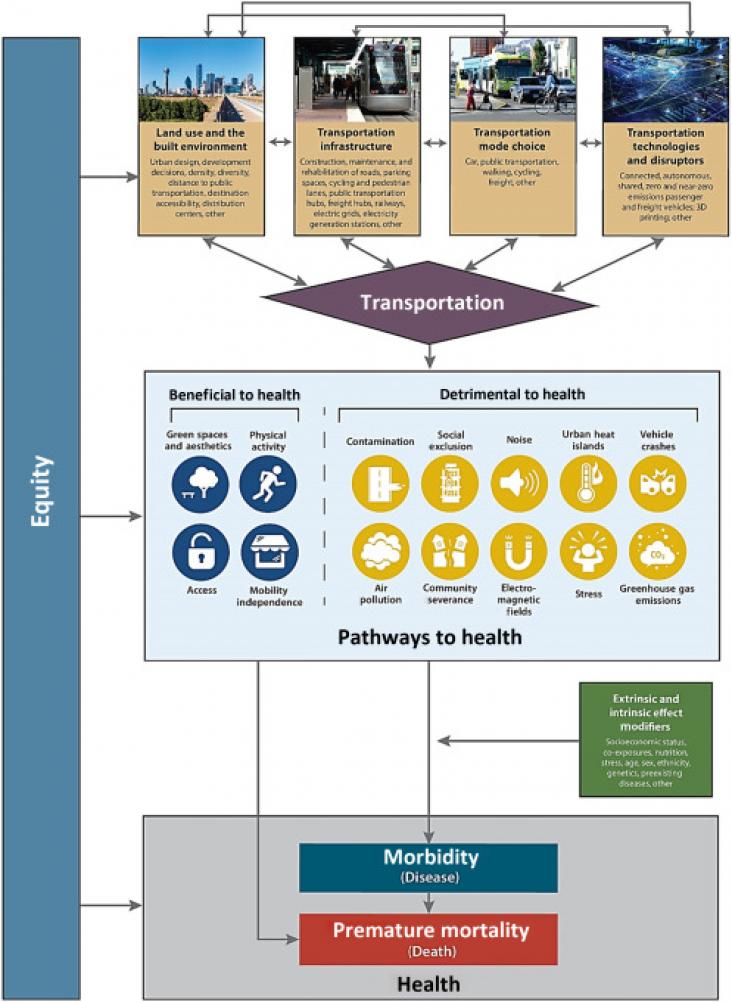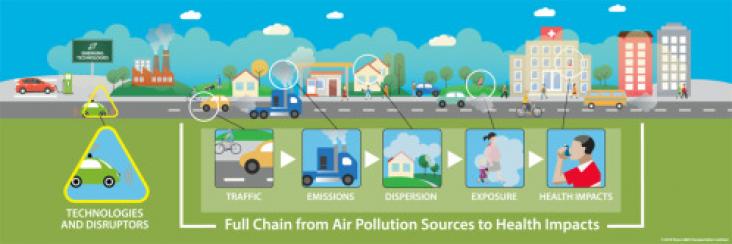The term, sexual health, is frequently used in the applied context of sexual education and health promotion; according to the current working definition from the World Health Organization, sexual health is
…a state of physical, emotional, mental and social well-being in relation sexuality; it is not merely the absence of disease, dysfunction or infirmity. Sexual health requires a positive and respectful approach to sexuality and sexual relationships, as well as the possibility of having pleasurable and safe sexual experiences, free of coercion, discrimination and violence. For sexual health to be attained and maintained, the sexual rights of all persons must be respected, protected and fulfilled.
Teenagers were recruited from five schools in the North East of England; teenagers were approached by their teacher and asked if they would like to take part in the research. Participants were categorized as low SES based on parental educational background and parental income. The goal of SDG Goal 4.6 By 2030, ensure that all youth and a substantial proportion of adults, both men and women, achieve literacy and numeracy

Examines potential therapeutic or preventative therapies aimed at targeting the neonatal enteric microbiome to improve the host’s nutritional status, and future directions of the role of the neonatal enteric microbiome on the later development of pediatric malnutrition and obesity.
Elsevier,
Advances in Transportation and Health, Tools, Technologies, Policies, and Developments, 2020, Pages 3-32

There is a relationship between land use, transport, and health, and to change transport and health, one has to change land use. In this chapter, we provide an introduction to the topic and make some suggestions on how to reduce the negative health impacts. The goal of SDG 11.2 is to provide access to safe, affordable, accessible and sustainable transport systems for all, improving road safety, notably by expanding public transport, with special attention to the needs of those in vulnerable situations, women, children, persons with disabilities and older persons
Elsevier,
Global Mental Health and Neuroethics, Global Mental Health in Practice, 2020, Pages 237-261
Global mental health, neuroethics, and disability have become three intertwined disciplines/fields. Mental disorders are a major contributor to global burden of disease. Advances in neuroscience-technology expand our vision of the relationship between brain, mind and environment.This chapter addresses the SDG 3 by exploring the challenges and hopes in this area.

The associations between traffic-related air pollution (TRAP) and numerous health effects have been established in epidemiology and emerging health effects are continuously being studied. This book synthesizes the state-of-the-art knowledge on TRAP and human health. The SDG goal 3.9.1 is to reduce the mortality rate attributed to household and ambient air pollution.
Mental health and human rights are both global concerns that have been shaped by two complementary discourses: the human rights of mental health patients, and mental health care as a human right. Both discourses have influenced the development of strategies to better understand and address—at a global scale—the mental health treatment gap.
This chapter provides an overview of some of the ethical issues raised by the emergence of global mental health as a distinct field as well as supporting calls for a more inclusive bioethics paradigm for considering health on a global scale.
Elsevier,
Mental and Behavioral Health of Immigrants in the United States: Cultural, Environmental, and Structural Factors, Volume , 1 January 2020
The immigrant population of the United States is expected to increase over the coming years, and the constant influx of new immigrants will mix in with previous generations of immigrants. This chapter reviews current literature that proves immigrants are susceptible to various mental health conditions such as depression, anxiety, and posttraumatic stress disorder (PTSD) due to a wide array of psychological and emotional distress from the immigration and acculturation process.
This chapter explores the utility of various therapeutic modalities, including their method of delivery, in working with older adults, which can lead to better health and well-being for individuals.
